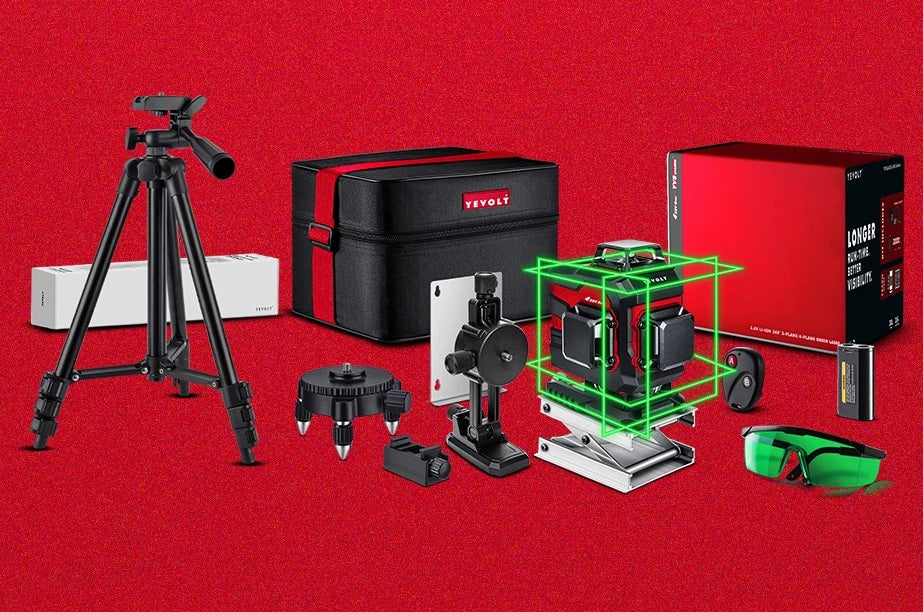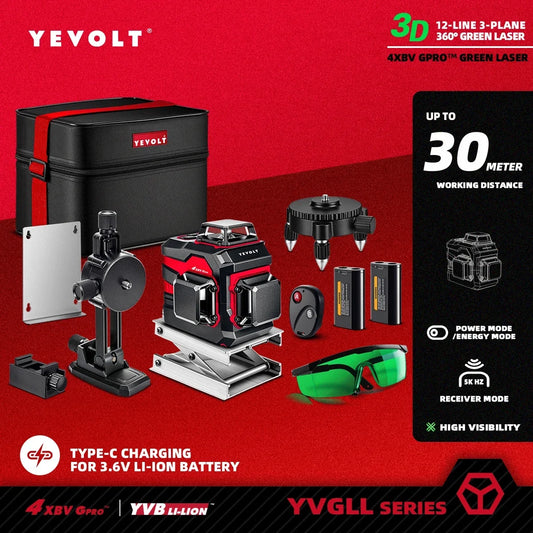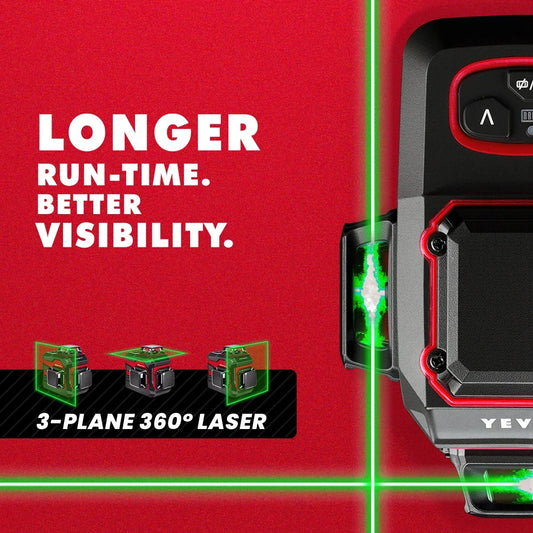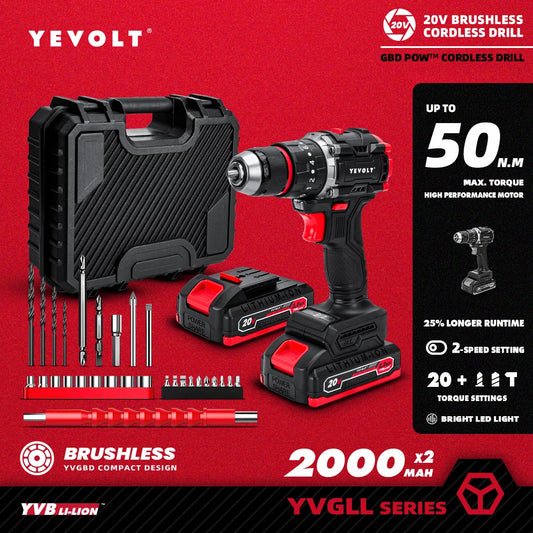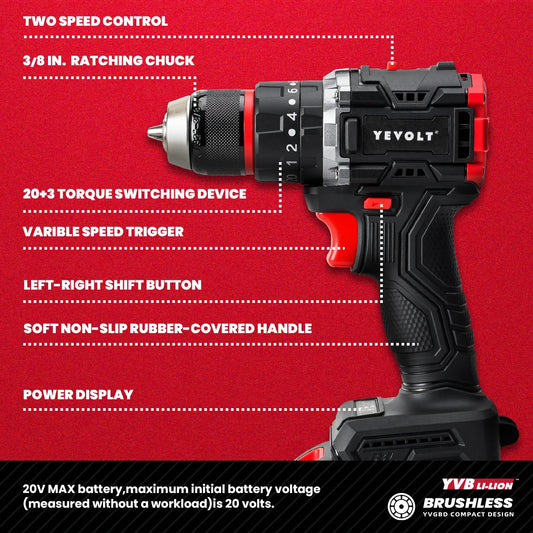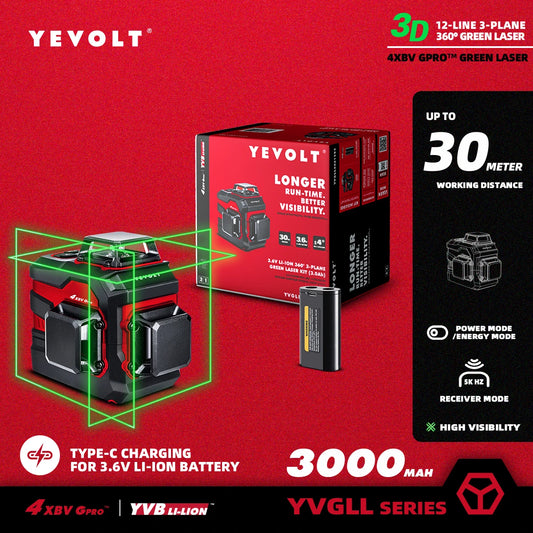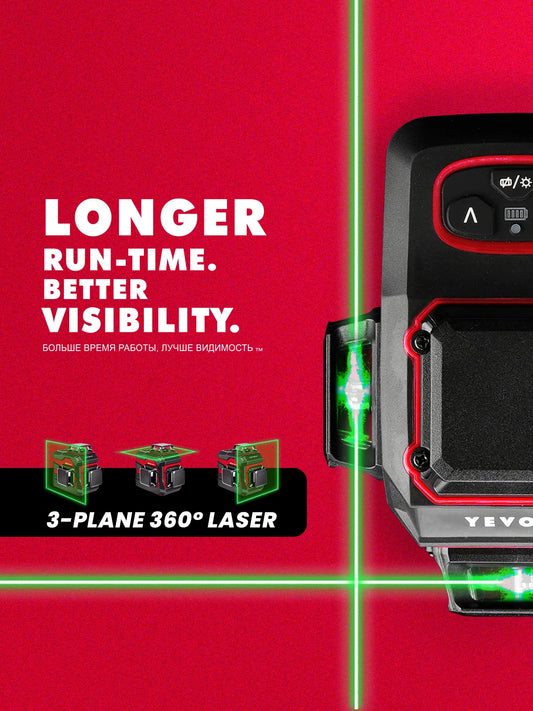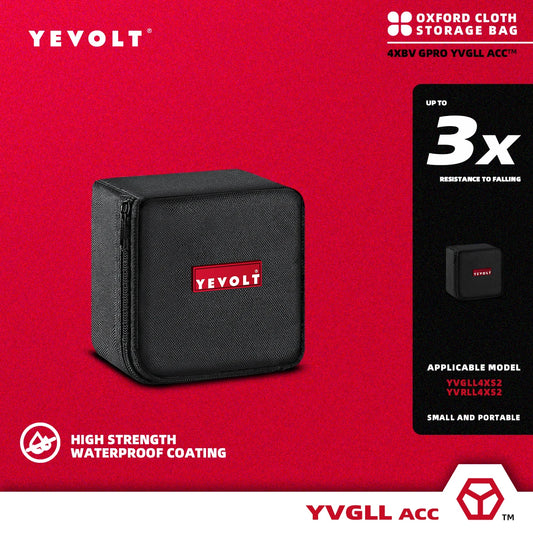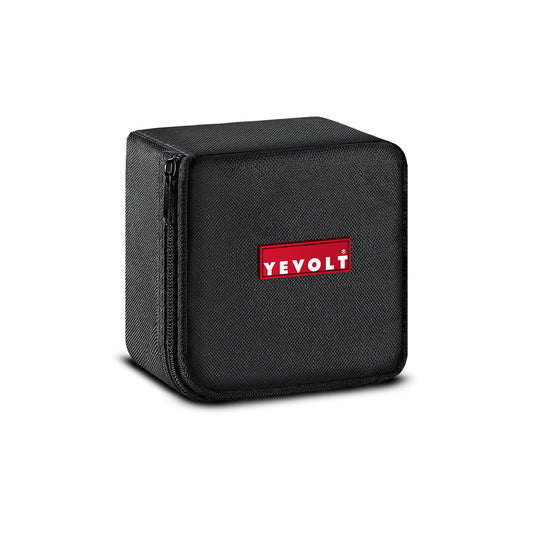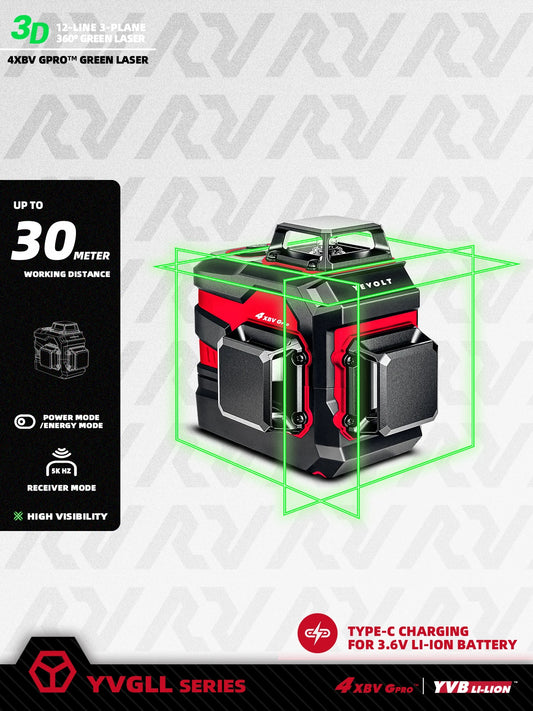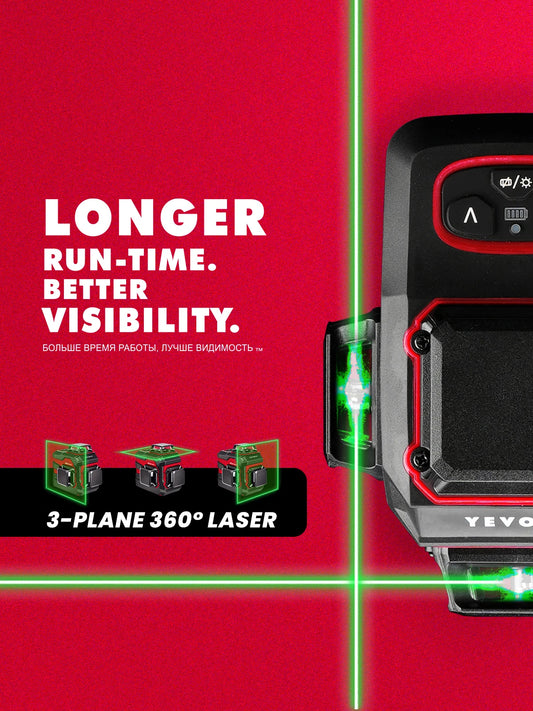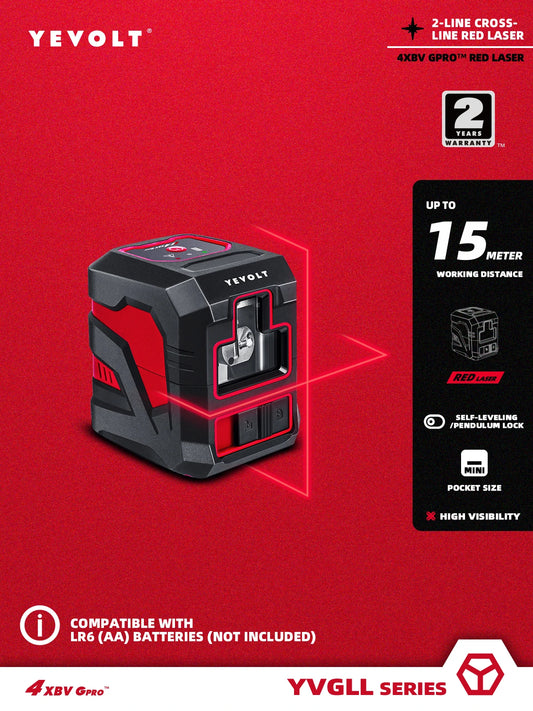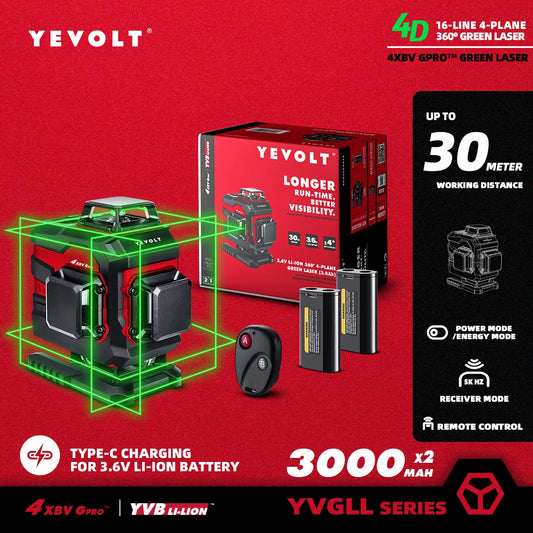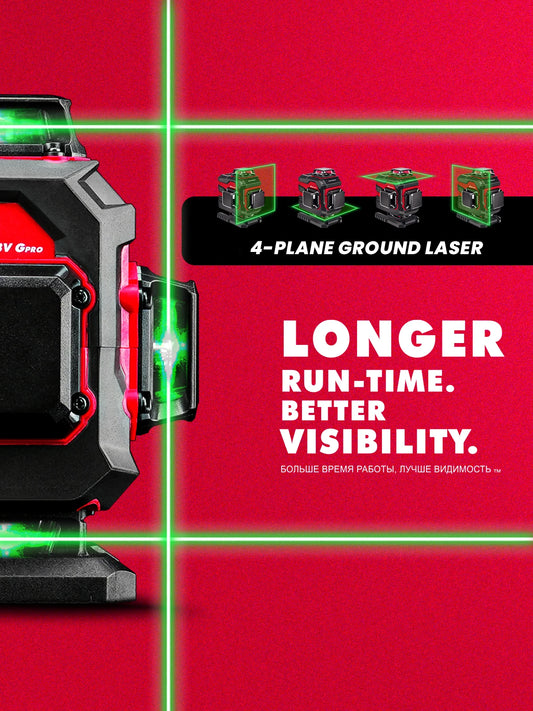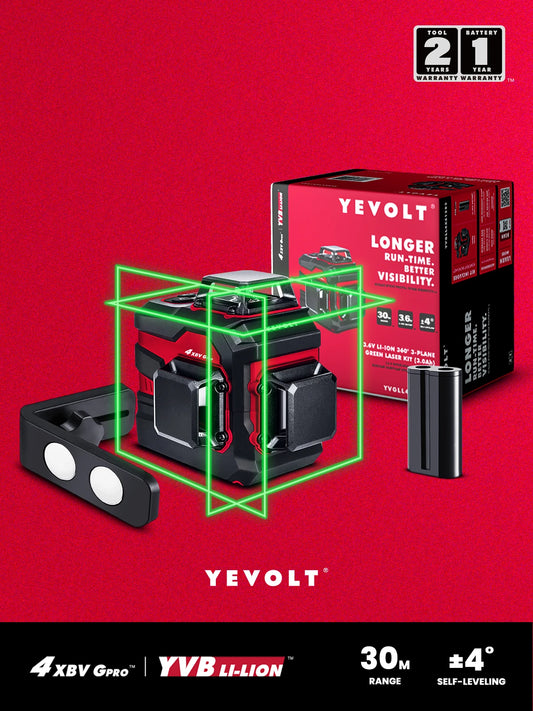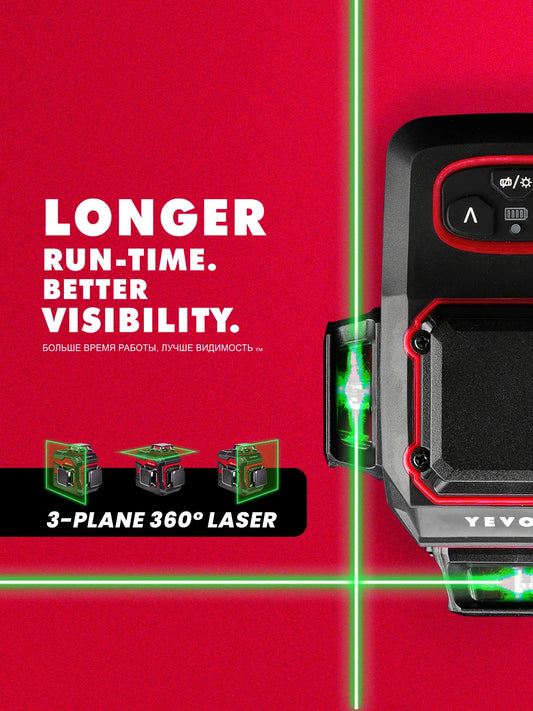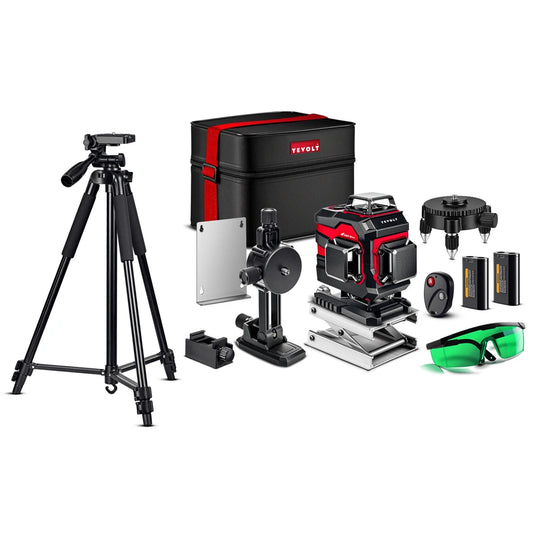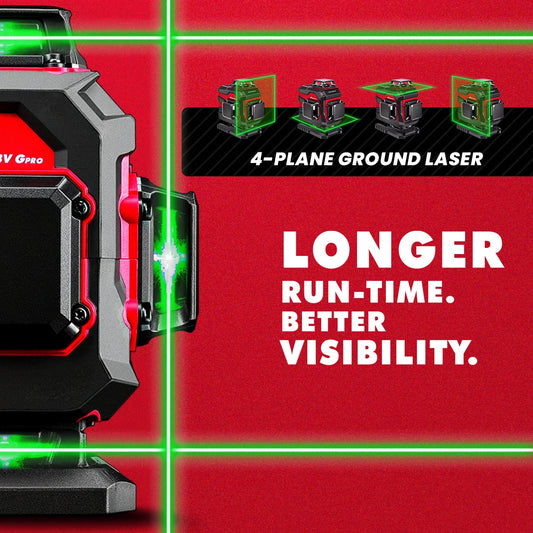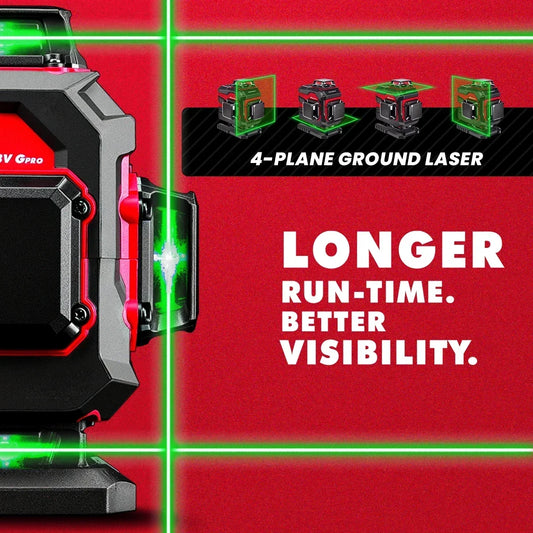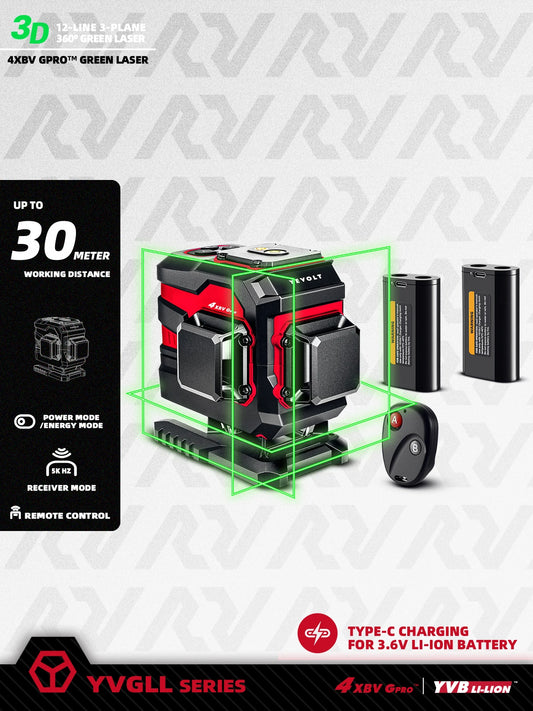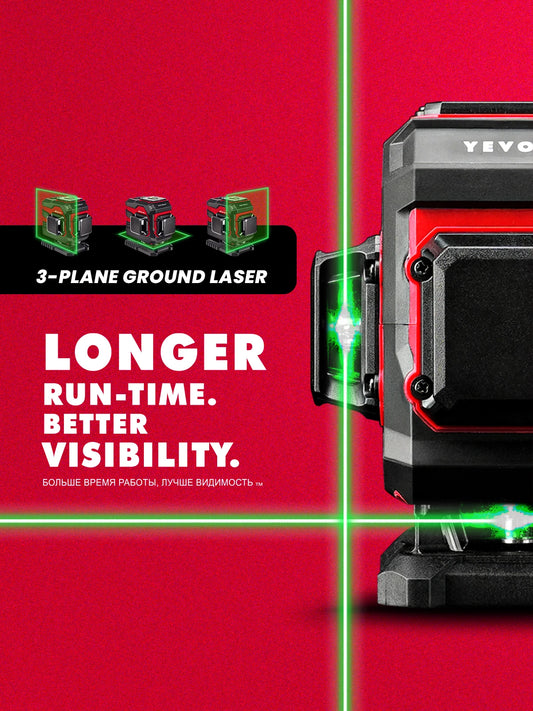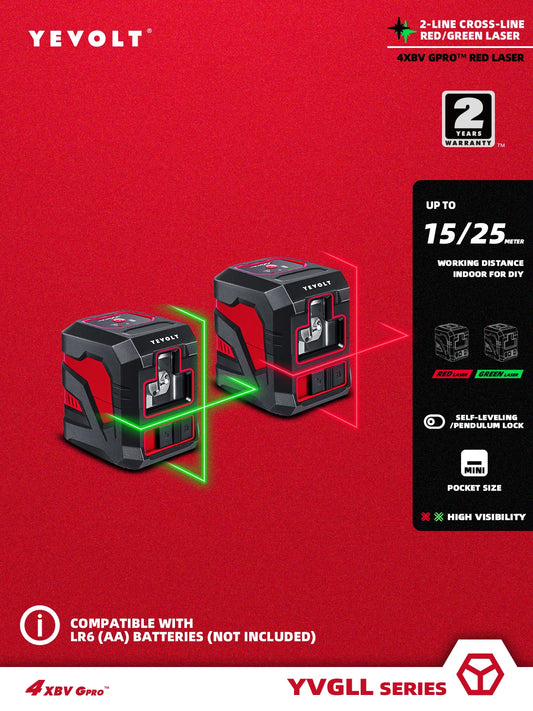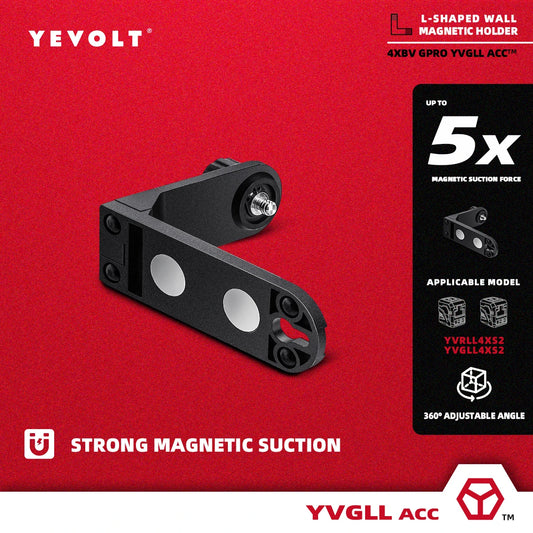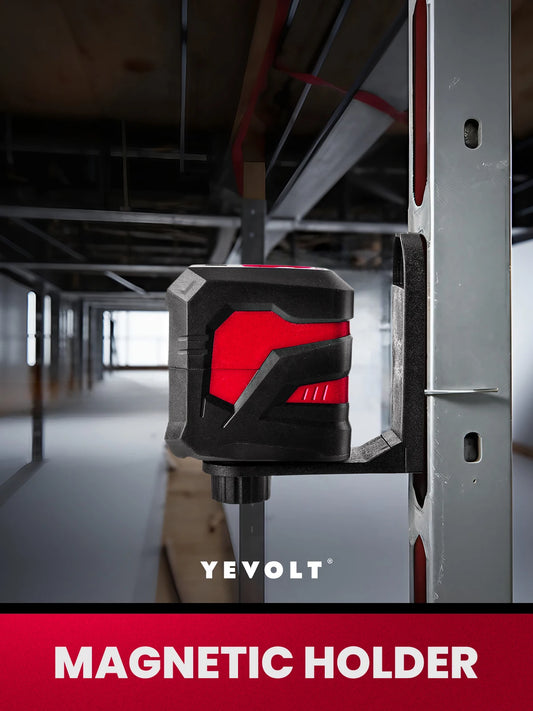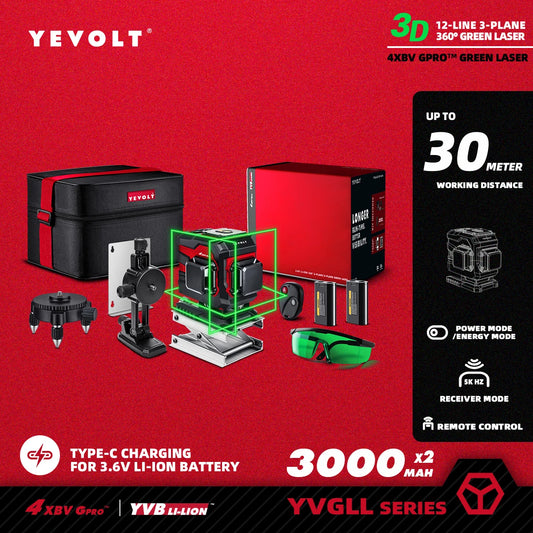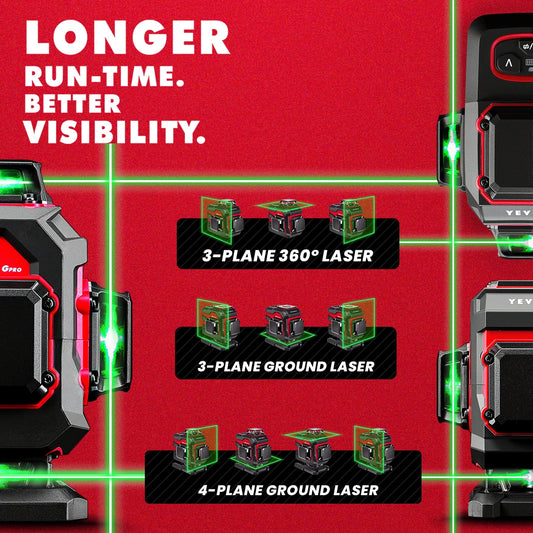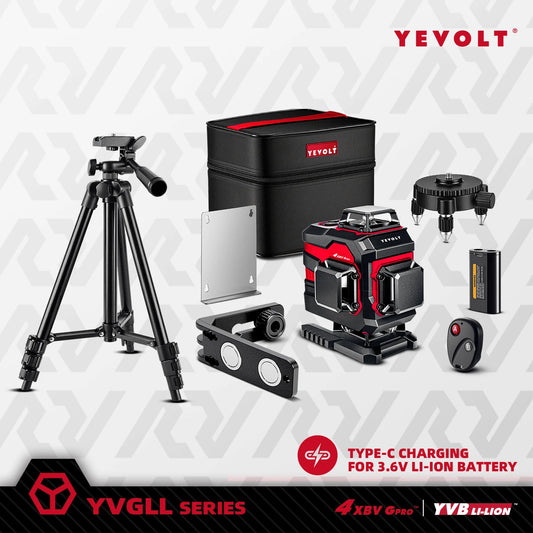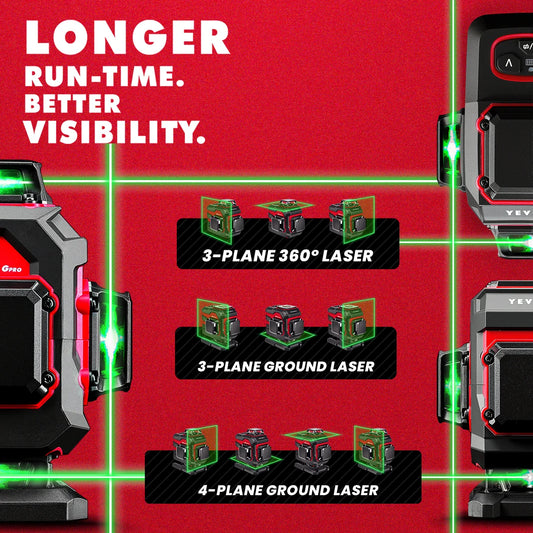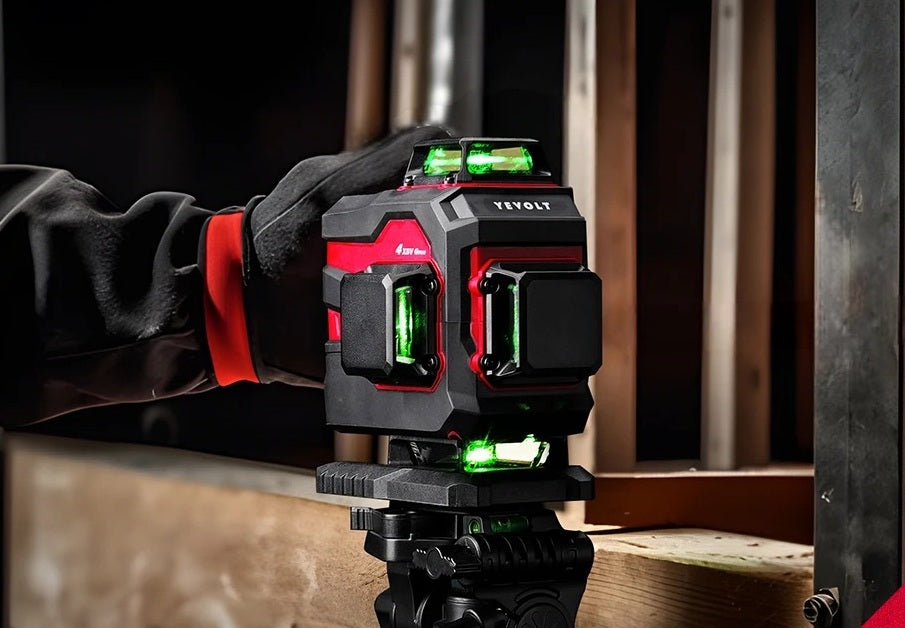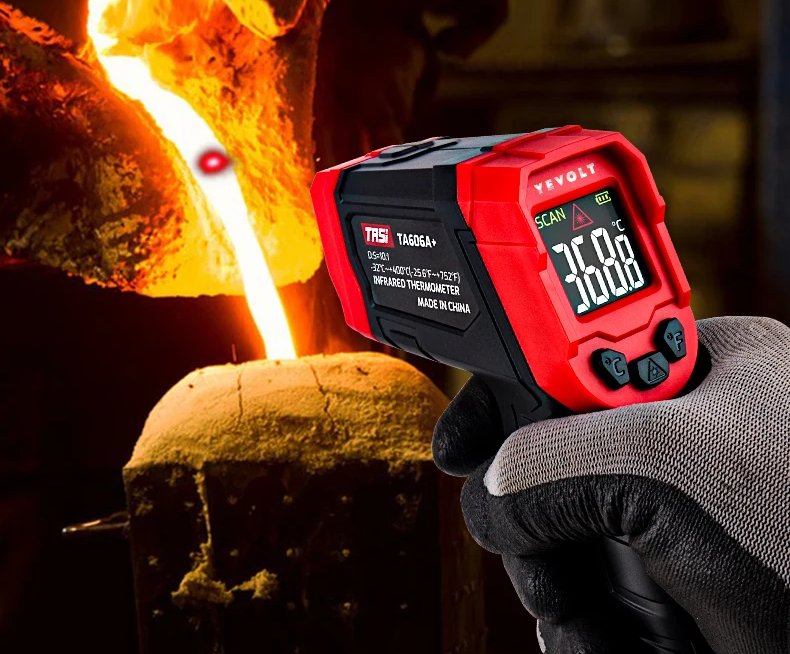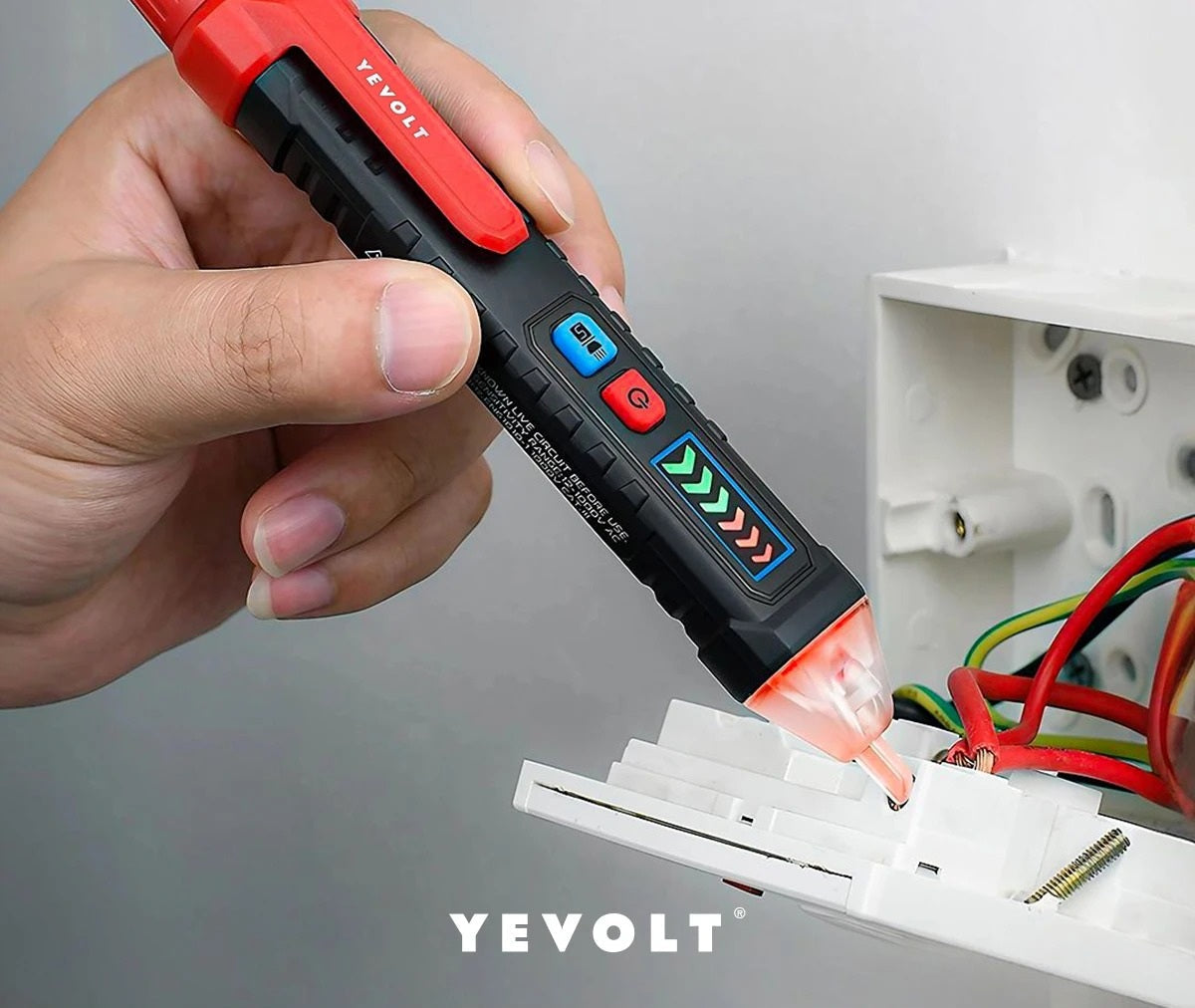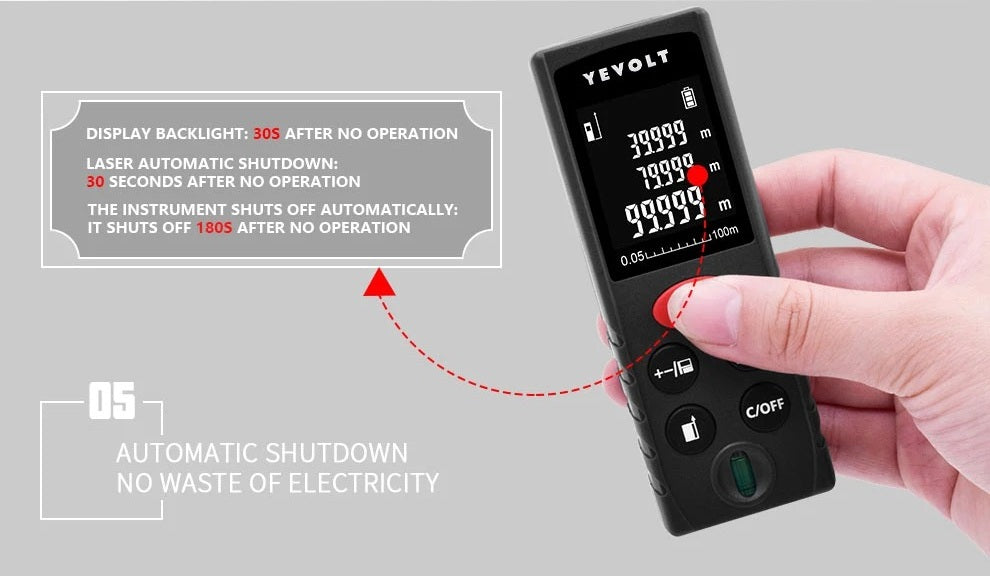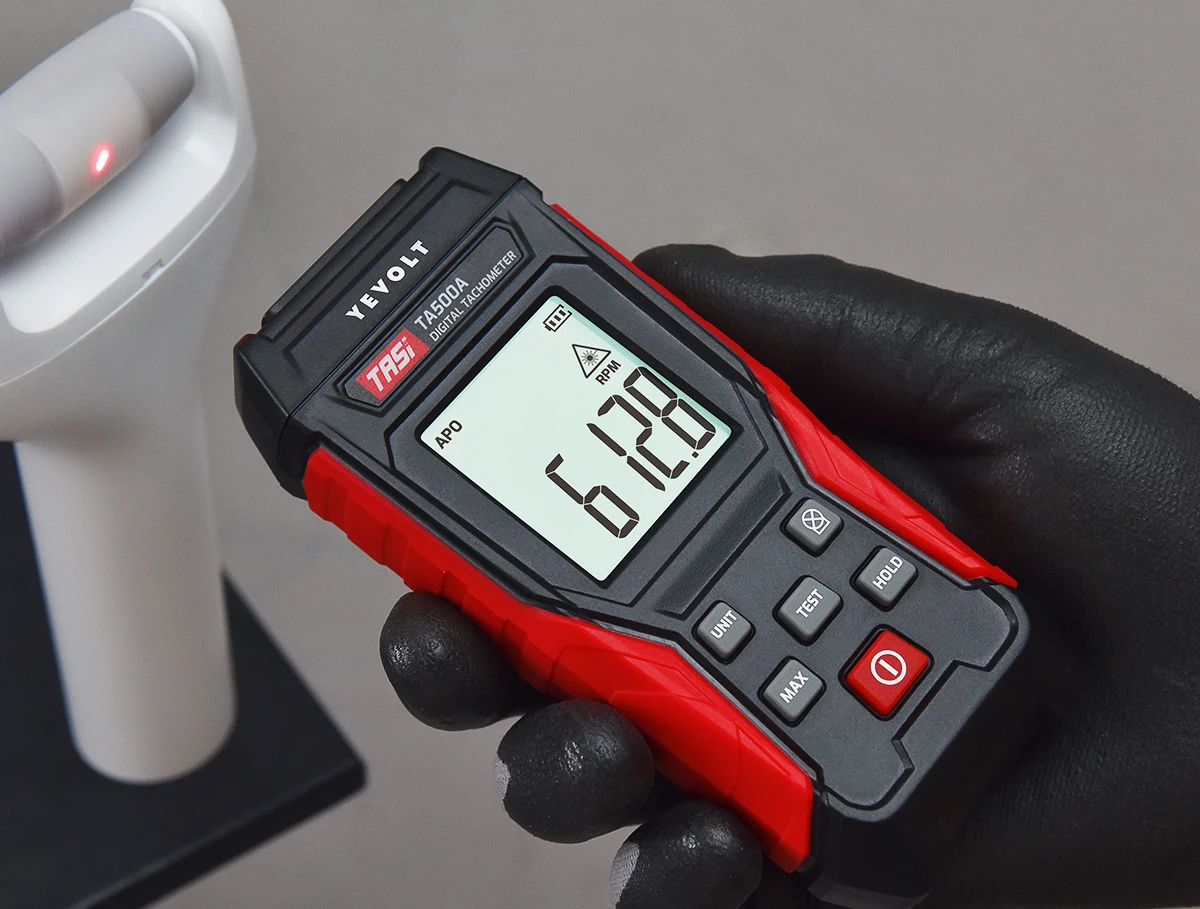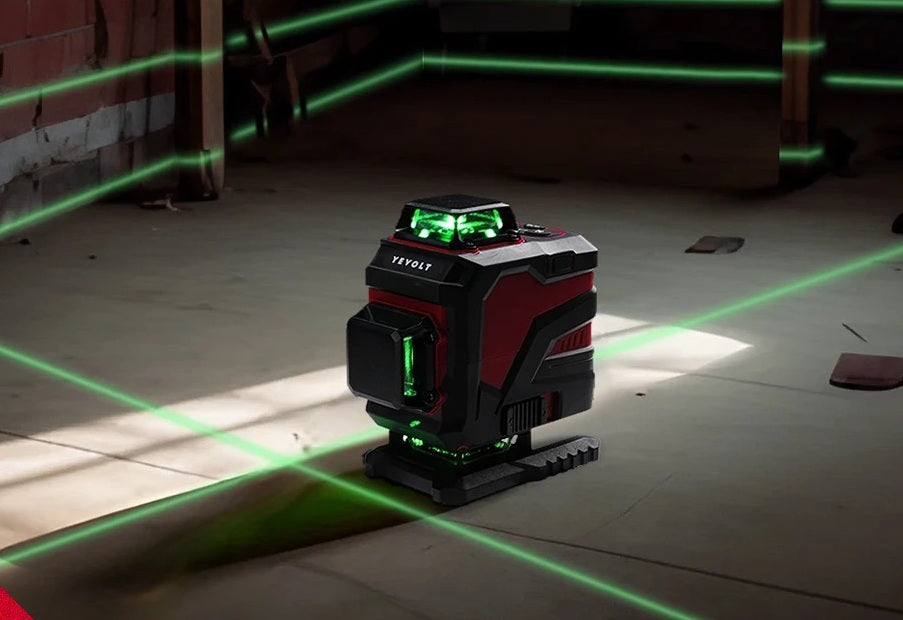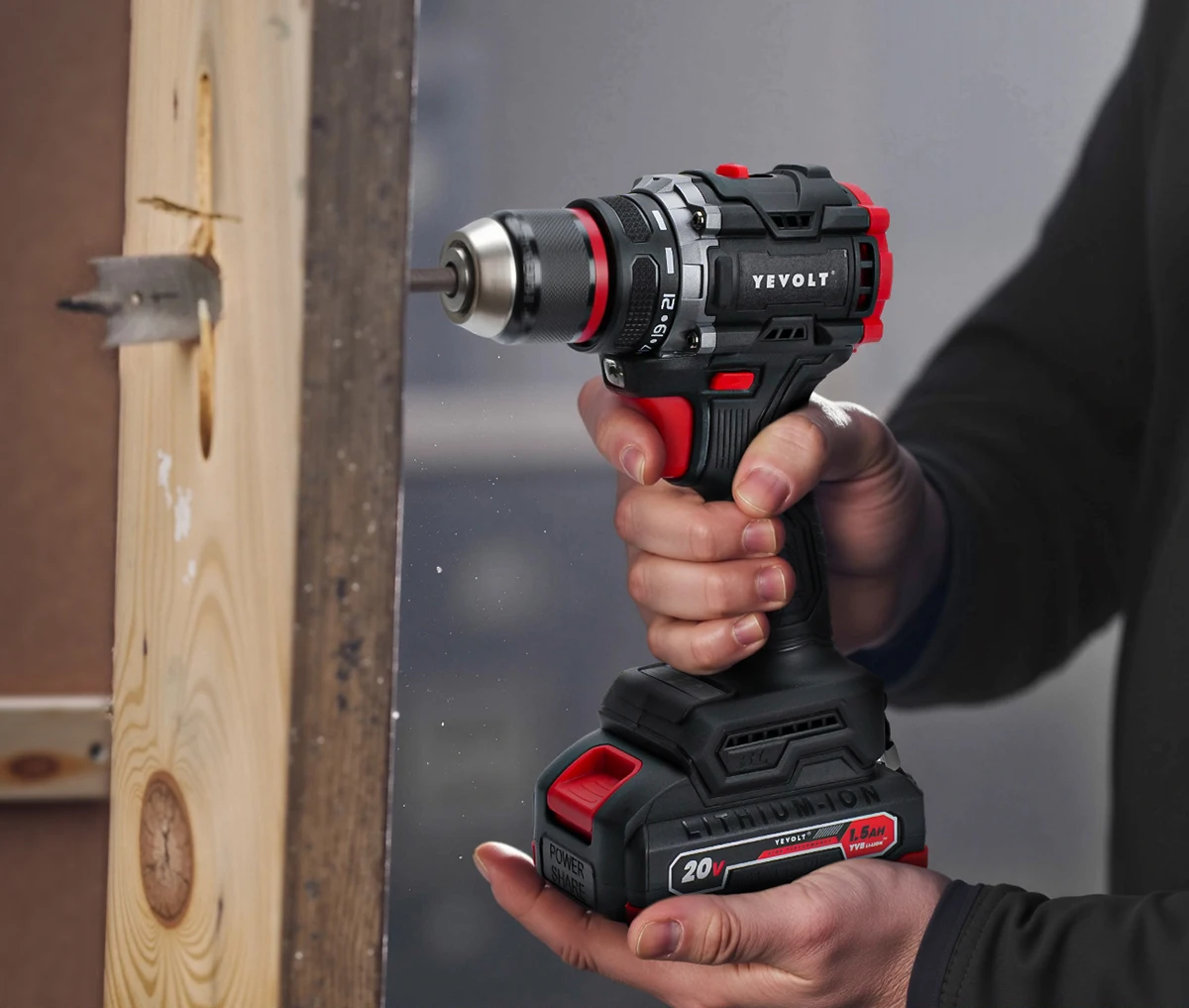Power Tool Switches 2026

Share
Power Tool Switches: The Unsung Heroes Behind Every Reliable Tool
When it comes to power tools, most of us focus on motors, torque, or cutting power — but rarely do we think about the switch that brings everything to life. As someone who’s spent years working with industrial machinery and DIY equipment, I can tell you this: a power tool switch is one of the most critical components in any device. It’s the gateway between power and precision, and understanding it can save you both time and money in the long run.
At YEVOLT.NET, I’ve tested and replaced hundreds of power tool switches — from simple trigger switches in drills to complex variable speed controls in grinders and saws. These small but mighty parts are responsible for controlling current flow, regulating power output, and ensuring user safety. Without them, even the most powerful motor is useless.
In this guide, I’ll break down the types of power tool switches, how they work, common failure signs, and what to look for when replacing one. Whether you’re an electrician, technician, or weekend DIYer, understanding these details helps you make smarter repair decisions and choose reliable replacements that keep your tools performing at their best.
Best Power Tools | Shop YEVOLT Best Sellers Now
Understanding Power Tool Switches
What Exactly Is a Power Tool Switch?
A power tool switch is an electrical component that opens or closes a circuit, allowing electricity to flow to the motor. In simpler terms — it’s the “on” and “off” brain of your tool. Depending on the design, it might also control speed, direction, and power intensity.
Switches are usually placed on the handle or control panel for easy access. The quality and configuration of this small part determine not just performance but also safety, ergonomics, and longevity of the entire tool.
Types of Power Tool Switches
There’s no one-size-fits-all design — and understanding the different switch types helps you choose replacements more effectively. Here are the most common categories:
1. Trigger Switches
These are the most recognizable. Found in drills, impact drivers, and saws, trigger switches are typically variable-speed, meaning the harder you squeeze, the faster the motor runs. They often include lock-on buttons for continuous operation and reverse polarity functions for bidirectional motors.
2. Rocker Switches
Common in stationary tools like bench grinders or planers, rocker switches toggle between on/off states with a simple push. They’re reliable, durable, and often paired with dustproof covers to withstand harsh environments.
2 Line Lasers | Shop Now

Hammer Drill | Rotary Lasers | Laser Distance Meter | Multimeters | Clamp Meter
3. Rotary Switches
Used in multi-speed or multi-function tools, rotary switches allow users to select settings by turning a knob. These are frequently found in industrial drills, sanders, or milling machines where precision is key.
4. Push Button Switches
Ideal for smaller handheld devices, push button switches offer simple activation and are often sealed to prevent dust ingress. You’ll find them in glue guns, compact cutters, or electric screwdrivers.
5. Safety and Interlock Switches
Safety is non-negotiable. Interlock switches ensure that a tool can’t operate unless all components are correctly positioned — a common feature in table saws, grinders, and cutting machines.
Why Quality Switches Matter
From an engineer’s perspective, I’ve seen how a cheap or faulty switch can destroy a good tool. Poor-quality switches cause voltage drops, sparking, or overheating, leading to premature motor damage.
A high-quality YEVOLT power tool switch uses heat-resistant materials, precision contacts, and high-load capacity wiring to handle the heavy current flow of professional-grade equipment. When you invest in better components, you get smoother operation, extended tool life, and fewer breakdowns.
Cordless Drills | Shop Now
Signs Your Power Tool Switch Needs Replacement
If your tool isn’t responding properly, the switch might be the culprit. Here are a few red flags to watch for:
-
Intermittent power or tool stalling mid-use.
-
Sparking or burning smell when switching on.
-
No response when pressing the trigger or button.
-
Unstable speed control or flickering operation.
Before replacing a switch, always unplug the tool and test continuity with a multimeter. It’s a quick diagnostic that can confirm whether the issue lies in the switch or elsewhere in the circuit.
Infrared Thermometers | Shop Now

Hygrothermograph | Moisture Meter | Illuminometer | Anemometer | Sound Level Meter
Choosing the Right Replacement Switch
When sourcing replacement parts, compatibility is everything. At YEVOLT.NET, I always recommend matching the following specs:
-
Voltage and Current Rating – The switch must handle the tool’s maximum load.
-
Mounting Size and Shape – Check housing dimensions to ensure a proper fit.
-
Functionality – Variable speed, reversing polarity, or lock-on capabilities.
-
Terminal Type – Spade, screw, or solder connections must match the wiring setup.
-
Build Quality – Choose switches with heat-resistant plastics and copper or silver alloy contacts for durability.
Installation Tips and Safety Notes
Replacing a power tool switch isn’t difficult, but it requires care:
-
Always disconnect the power supply before disassembly.
-
Label wires or take photos before removing the old switch.
-
Use insulated tools and ensure proper grounding.
-
After installation, run a short test before full operation.
If you’re unsure, consult an electrician — or explore YEVOLT’s professional-grade switch replacement guides for detailed diagrams and part compatibility charts.
Laser Levels | Shop Now
The Future of Power Tool Switches
Modern tools are evolving. Smart electronics are replacing traditional mechanical switches with soft-start circuits, electronic braking, and digital triggers. These innovations reduce wear, improve safety, and offer smoother control.
At YEVOLT, we’re constantly integrating these advanced switch technologies into our lineup — ensuring every product meets modern standards for efficiency, precision, and safety.
Conclusion: Small Part, Big Impact
A power tool switch might seem minor, but it’s the key to performance, reliability, and safety. Understanding how it works — and how to maintain or replace it — empowers you to get the most from your tools.
At YEVOLT.NET, our mission is simple: to provide durable, high-performance components that professionals and hobbyists can trust. Whether you’re replacing a trigger switch, upgrading your variable speed control, or sourcing OEM-compatible parts, remember — great tools start with great components.
Voltage Testers | Shop Now
